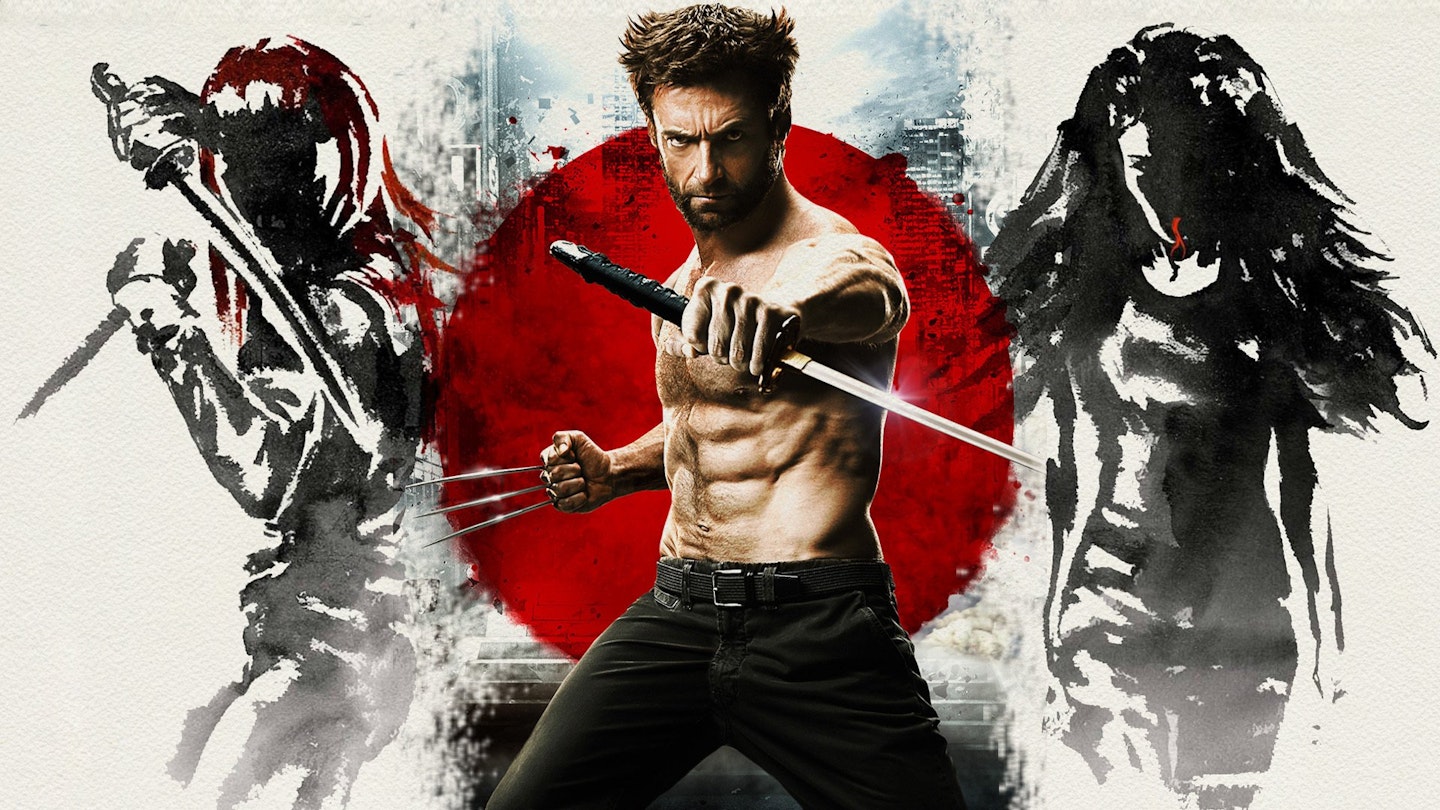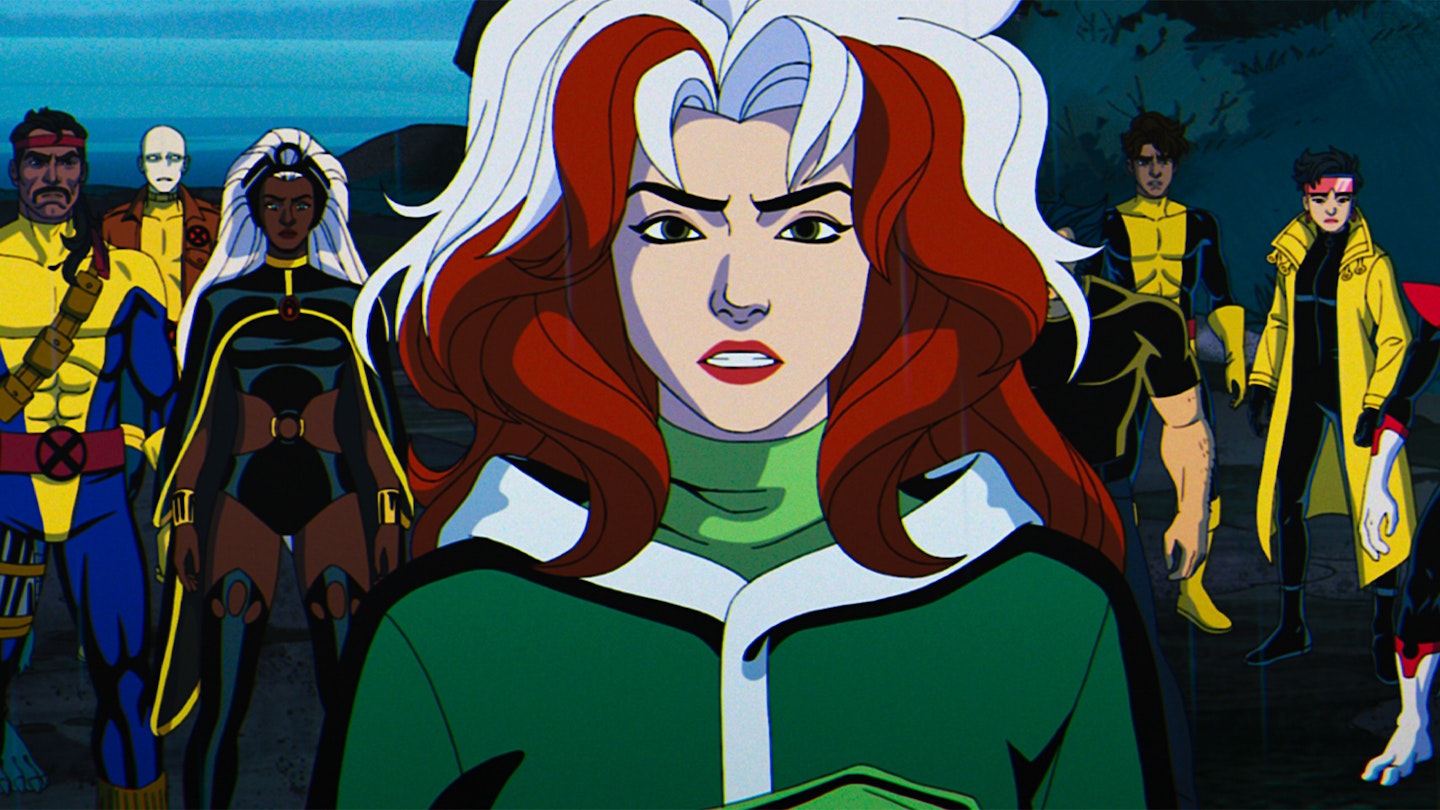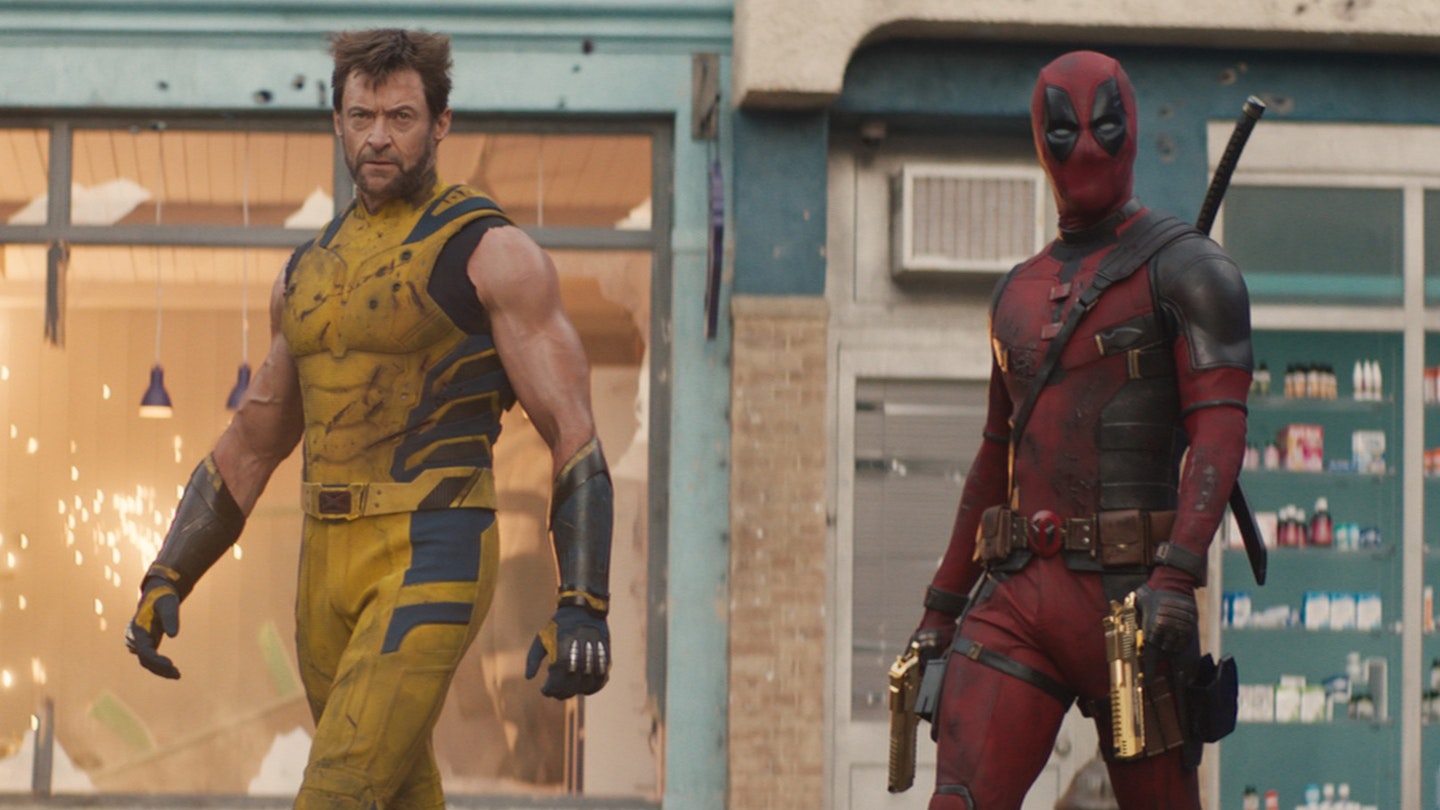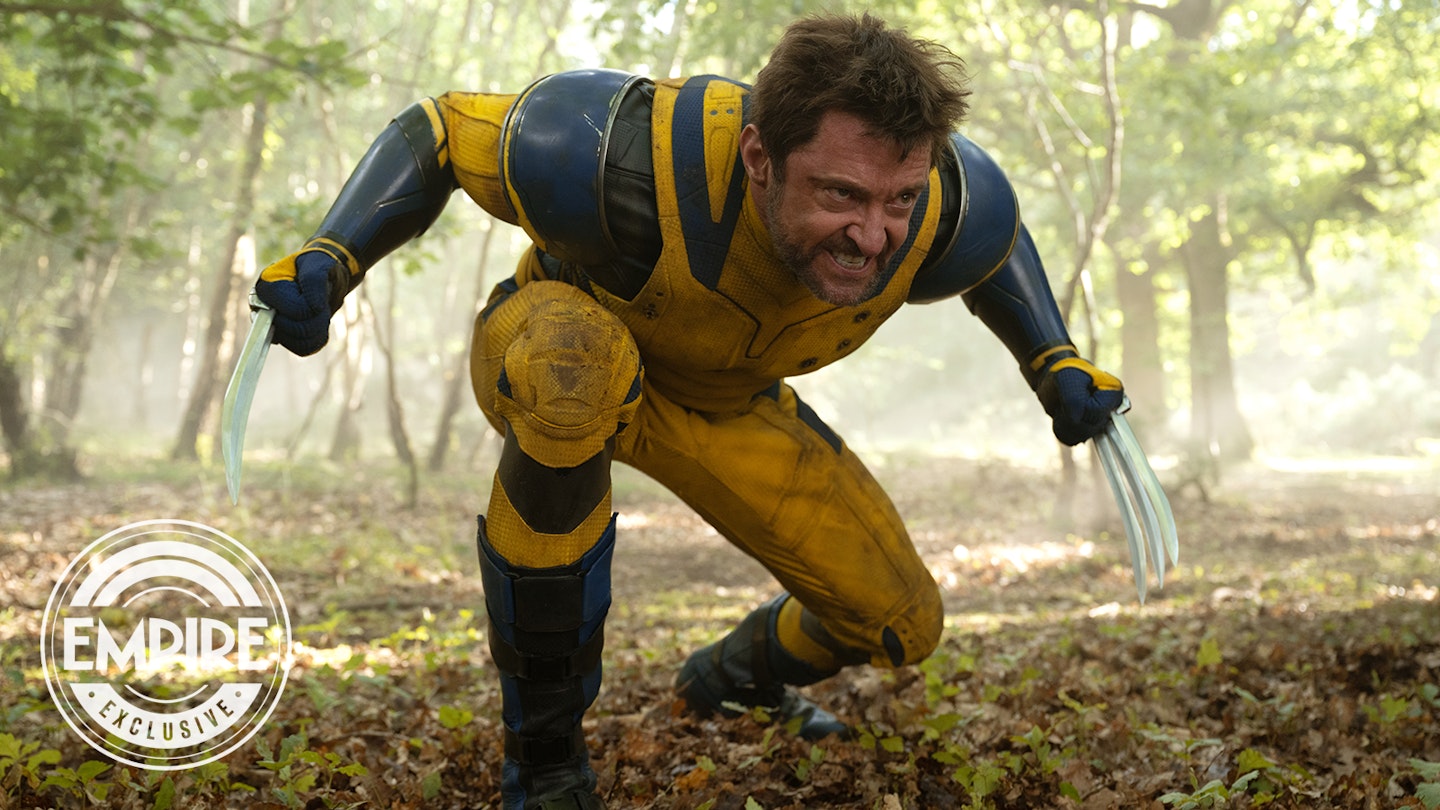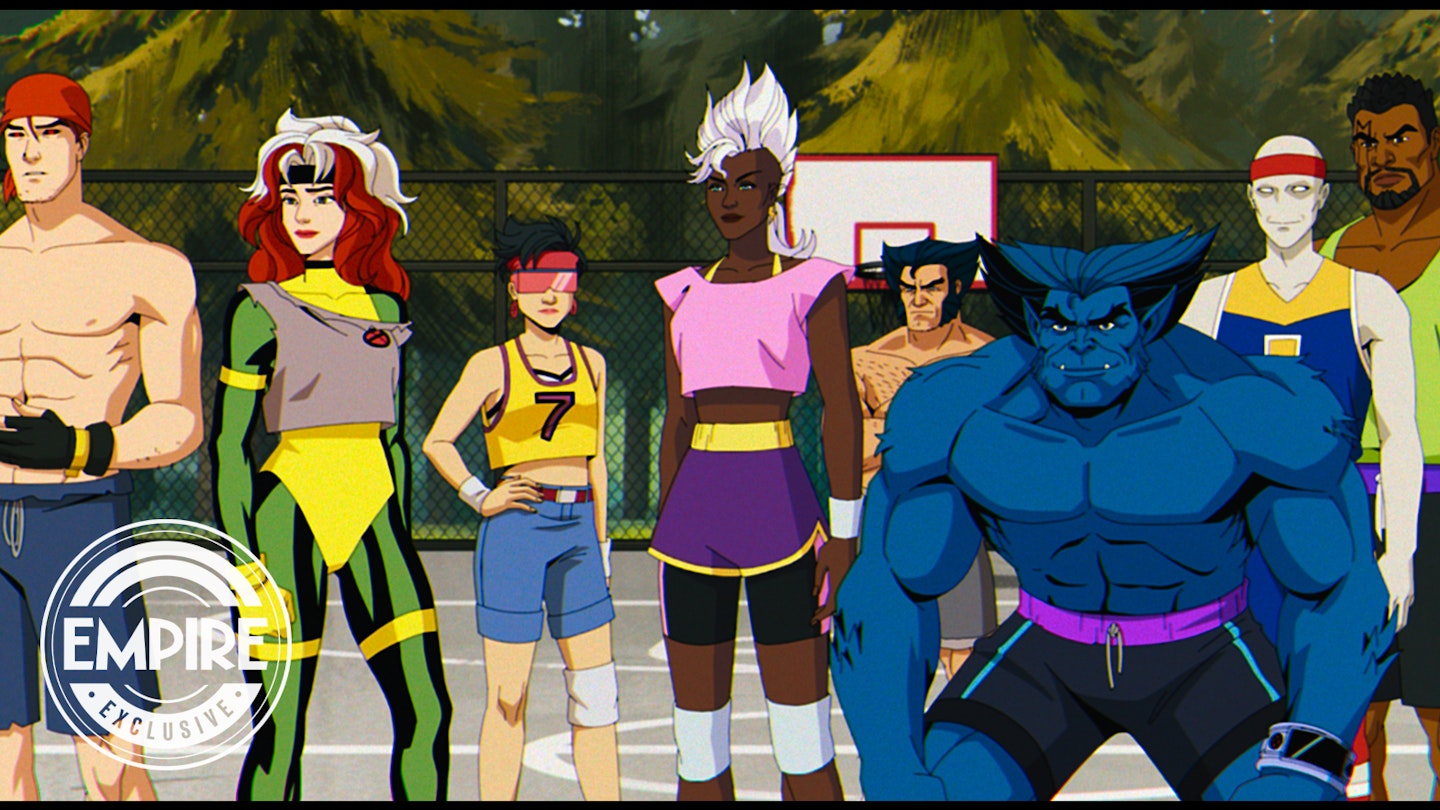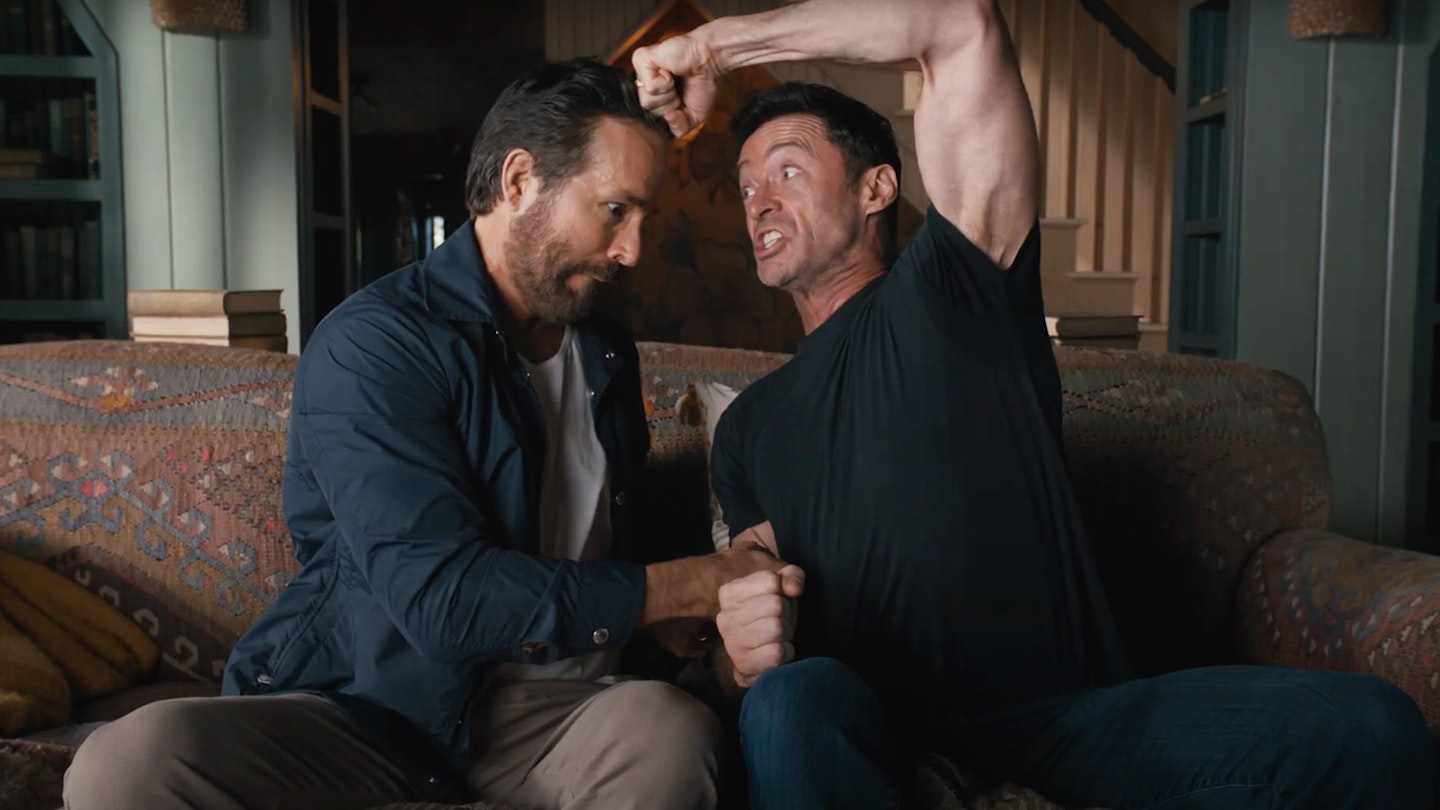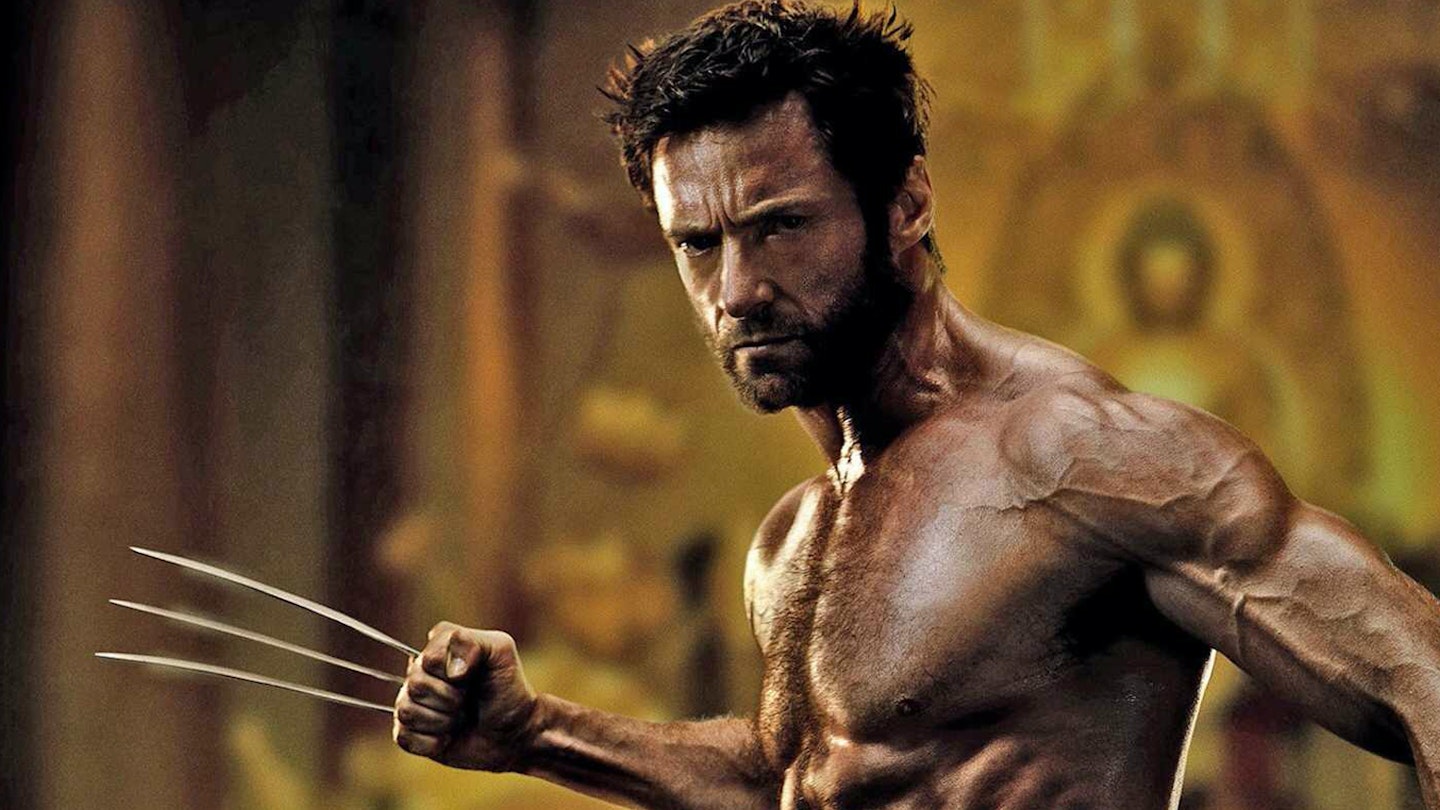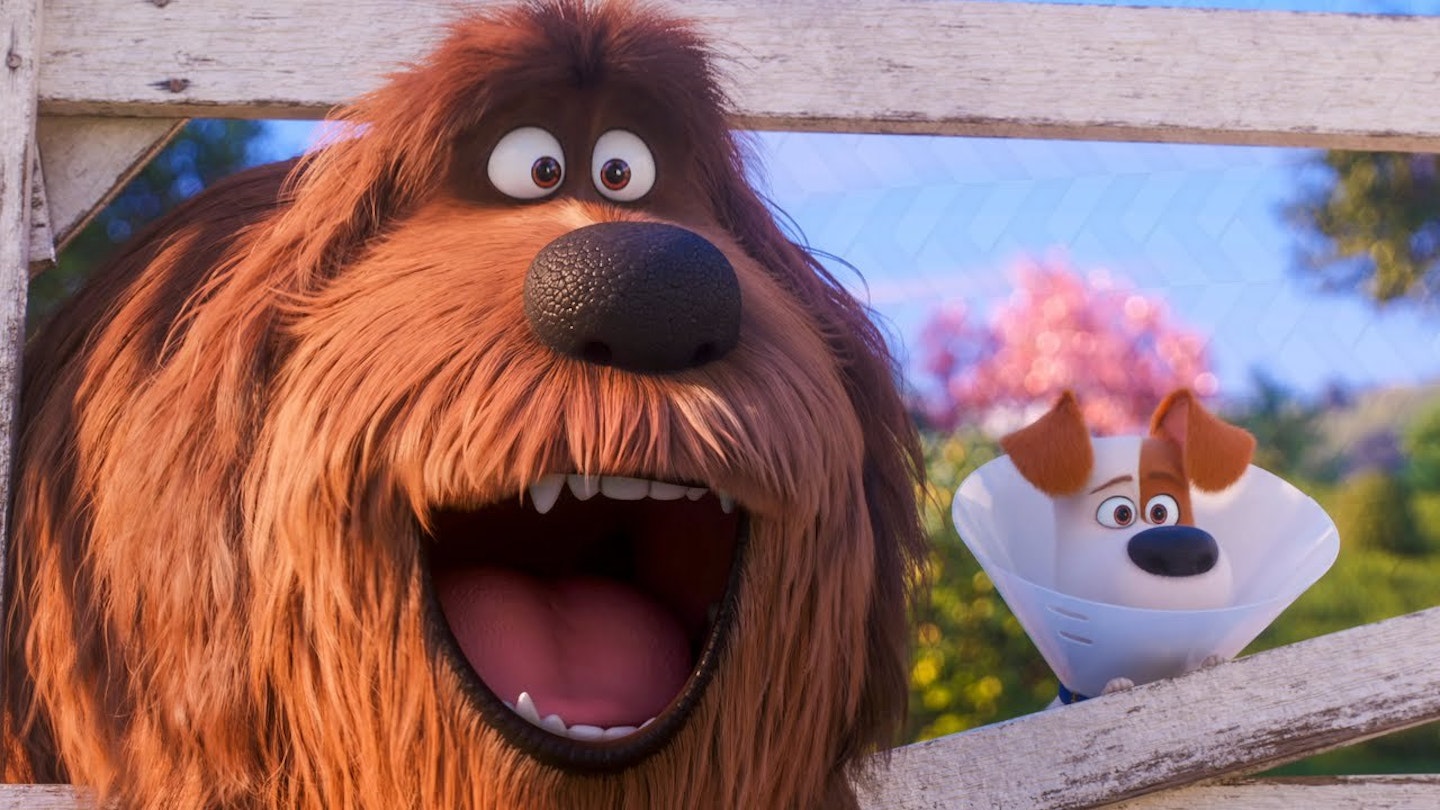In a summer packed with movies that work their way up to levelling entire cities, The Wolverine takes an interesting tack: that’s how it starts. Within the first three minutes, Nagasaki has been obliterated in a mushroom cloud, courtesy of a B-29 bomber and the nuclear bomb known as Fat Man that effectively signalled the end of World War II.
In the middle of the mayhem, we find Hugh Jackman’s Logan — aka The Wolverine — chained up and shirtless (of course; those playing the ‘Shirtless Jackman’ drinking game will be blootered by the second act) in the middle of a POW camp. As sirens blare and Japanese officers commit hara-kiri with honour, Logan is saved by, and then saves, an officer with a stricken conscience.
It’s an audacious opening that some might find in dubious taste, but there are enough grace notes here — the opening shot of the B-29 approaching its target is serenely beautiful — to suggest this will be light years ahead of the lamentable X-Men Origins: Wolverine. And so it proves, even if it never hits the heights of the first two X-Men movies or X-Men: First Class.
After that grand opening, things scale back as we meet the Canadian mutant living rough on his home turf as, effectively, Grizzly X-Man, Les Mis hair and beard in place, plagued by visions of his lost love, Jean Grey (Famke Janssen, lounging in a négligée through interminable dream sequences) and as haunted by the events of X-Men: The Last Stand as anyone who saw it. He’s a wounded bear who even encounters an actual wounded bear, just to pound home the metaphor. Logan has vowed never to hurt anyone again, a vow he breaks within roughly 37 seconds, but before he can kill some idiots in a bar, he’s tracked down by the slinky Yukio (Rila Fukushima), a flame-haired employee of the man he saved in World War II, and brought to Japan, where he becomes embroiled in a convoluted plot involving the yakuza, indestructible samurai and a new lady-love in the beautiful Mariko (Tao Okamoto) who, in a nice twist, sees Logan and his claws as something to love, not fear.
And it’s in its Japanese roots that The Wolverine becomes most intriguing. Comic book fans will know that Wolverine and the Land of the Rising Sun go together like Nic Cage and Pachinko, and it’s refreshing that, Canada section aside, it takes place entirely in Japan. That alone is enough to make it look and feel unlike any other superhero movie to date, director James Mangold capturing a real sense of place as he frames Logan against Tokyo streets or in rural ryokans.
Sadly, the embrace of Japanese culture feels often skin-deep, a superficial whisk through a checklist of clichés. There’s an (admittedly very funny) awkward visit to a love hotel with Mariko as they go on the run; Logan struggles to come to grips with chopsticks like a gaijin fool; and he keeps being told he’s a ronin, a samurai without a master. Yet there’s no sense his experiences have much of an impact — by the end he’s as authentically Japanese as YO! Sushi. Just a shame he doesn’t show up at a karaoke bar — we reckon Logan has serious pipes.
One of the — many — criticisms of Wolverine’s last solo outing was that it never had the courage to trust in the appeal of its lead character, instead chucking in large numbers of rubbish mutants. The lesson has been learned here, with minimal muties (Svetlana Khodchenkova shows up as the venomous Viper, regrettably too reminiscent of Batman & Robin’s Poison Ivy). Instead, Logan bloodlessly slices his way through armies of yakuza and ninjas, in keeping with the film’s determinedly (open air quotes) realistic (close air quotes) tone.
It’s all the better for it, from a free-for-all that puts the fun in funeral to the movie’s highpoint, a creative showdown on top of a speeding Shinkansen. And, if you have any qualms about pitting a highly trained, invulnerable mutant against scores of rent-a-piñata henchmen, Mangold and Jackman level the playing field slightly by going full Superman II and depriving Logan of his powers. With his healing factor and animalistic senses on hold, Logan develops an aversion to shotgun blasts that slows him down considerably, and gives Jackman something interesting to play with sixth time around. That element is far more absorbing than his endless moping after Jean — some psychos don’t need analysis.
It’s regrettable, then, that in a film concerned with immortality, nothing lasts forever. The final showdown, tonally and in terms of scale, is deeply unsatisfying, with ludicrous reveals, bad CG and plot turns so convoluted they threaten to derail the movie at 300 mph.
